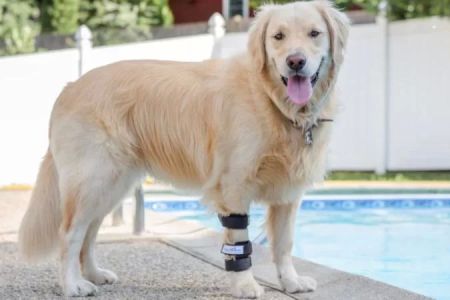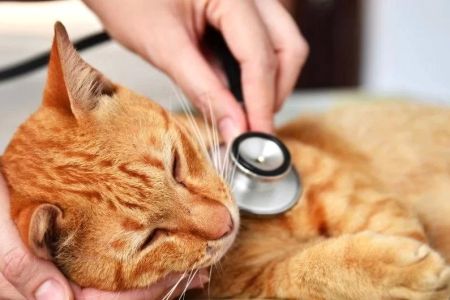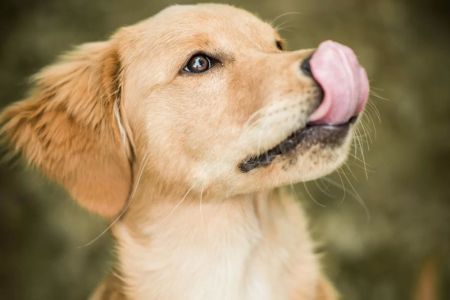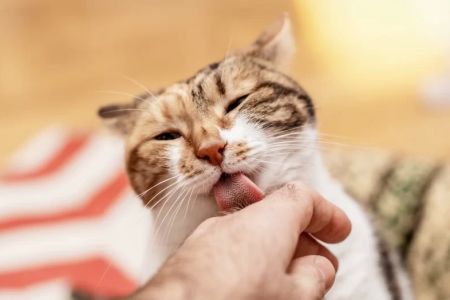Understanding Why Dogs Avoid Certain Foods or Treats
If you’ve ever seen your dog turn their nose up at a treat or meal you’ve given them, you may have wondered why. As a dog owner myself, I’ve experienced this many times—sometimes it feels like my dog, Daisy, has suddenly developed a new preference for not eating certain treats. After doing some research and consulting with veterinarians, I realized that there are many reasons why dogs avoid certain foods or treats. It’s not always just a matter of taste, but often something deeper related to their health and well-being.
Dogs, like humans, can have specific food preferences, sensitivities, or even allergies. Sometimes, they avoid certain foods because they don't like the taste or texture. But more often than not, there’s a health-related reason behind their refusal. In this article, I’m going to share the different reasons why your dog might be avoiding their food or treats, and what you can do to address these issues.
1. Food Allergies and Sensitivities
One of the most common reasons dogs avoid certain foods is due to food allergies or sensitivities. Just like people, dogs can have allergic reactions to certain ingredients in their food or treats. Common allergens in dog food include proteins like beef, chicken, or lamb, as well as grains such as wheat, corn, and soy. For example, my dog Daisy was having trouble with some treats that contained chicken protein. She would often turn away from treats that had chicken as the first ingredient.
If your dog is avoiding food or treats consistently, it could be a sign of a food allergy. Allergic reactions in dogs can cause a range of symptoms, from digestive issues like vomiting or diarrhea to skin irritations such as itching or hives. If you suspect your dog might have a food allergy, it’s a good idea to consult with your vet. An elimination diet, where you remove suspected allergens and gradually reintroduce them, is often recommended to pinpoint the specific cause.
2. Gastrointestinal Discomfort
Another reason your dog might be avoiding certain foods is gastrointestinal discomfort. If a particular food causes an upset stomach, your dog might avoid it in the future. I’ve noticed this with my dog Max, who was very sensitive to fatty foods. After eating fatty treats or meals, he would often experience gas, bloating, or diarrhea, which caused him to become wary of eating those foods again.
Dogs with sensitive stomachs often avoid food that causes them discomfort. This can be due to an imbalance in the gut microbiome or simply because their digestive system can’t handle certain ingredients. For example, foods that are rich in artificial additives or preservatives can irritate a dog’s digestive system, leading to them refusing the food. If your dog seems to avoid food after a particular treat or meal, it might be worth experimenting with gentler, more easily digestible foods and treats.
3. Texture and Taste Preferences
Just like humans, dogs have specific preferences when it comes to texture and taste. Some dogs simply refuse foods that they find unappealing, whether due to the texture or flavor. For instance, my dog Daisy once refused to eat a particular type of kibble because it was too hard for her to chew. She seemed to prefer softer foods, and once I switched her to a softer kibble, she happily gobbled it down.
If your dog is avoiding certain foods or treats, try experimenting with different textures and flavors. Some dogs prefer wet food to dry kibble, while others might enjoy treats that are chewy rather than crunchy. If your dog is picky, you may need to try different brands or types of food to find one that suits their taste buds. However, it’s essential to make sure that any food you offer is nutritionally balanced for your pet’s health.
4. Medical Issues or Pain
Sometimes, dogs avoid food due to underlying medical issues that make eating painful. Dental problems, like tooth decay or gum disease, can make chewing uncomfortable, leading a dog to avoid certain foods or treats. I remember when my dog Max suddenly stopped eating his favorite treats, and it turned out that he had a few broken teeth that made chewing painful for him. Once his teeth were treated, he returned to eating normally.
If your dog seems to avoid food suddenly and has trouble chewing, it's important to rule out dental or other health problems. Other potential issues, such as arthritis or digestive problems, can also affect your dog’s appetite. It’s always a good idea to have a veterinarian perform a thorough examination if you suspect that pain or illness is the cause of their food avoidance.
5. Food Intolerance
While food allergies are an immune system response, food intolerance is different. It occurs when a dog’s digestive system can’t properly process certain ingredients, leading to discomfort. Dogs with food intolerances might avoid certain foods or treats because they cause them stomach issues, like bloating, diarrhea, or gas. One of my previous dogs, Charlie, had an intolerance to dairy products, and we learned the hard way that even a small amount of cheese or milk could upset his stomach.
Food intolerance can be tricky to diagnose, as it doesn’t cause an immediate allergic reaction. Instead, the symptoms can develop over time and be mistaken for other issues. If your dog regularly avoids food or treats after eating a particular ingredient, it may be worthwhile to keep a food diary and track their reactions. Again, your vet can help you figure out if food intolerance is the issue and recommend an appropriate diet.
6. Emotional or Behavioral Reasons
It’s not always about health—sometimes dogs avoid food due to emotional or behavioral reasons. Stress, anxiety, or a change in routine can affect a dog’s appetite. For example, after moving to a new home, my dog Daisy became very stressed and stopped eating her usual food for several days. It wasn’t due to food quality or taste, but rather the anxiety she was experiencing from the change in her environment.
If your dog seems to avoid food during periods of stress, consider any recent changes in their environment, routine, or interactions with other pets. Anxiety can cause a loss of appetite or avoidance of food, and helping your dog feel more secure can encourage them to eat again. If your dog’s food avoidance is tied to stress, calming supplements or pheromone diffusers can sometimes help ease their anxiety and restore their appetite.
7. How to Help Your Dog Overcome Food Aversion
When a dog starts avoiding food, it can be frustrating, but the good news is that there are steps you can take to help them. If you think your dog might have an allergy or food intolerance, consider working with your vet to find a suitable elimination diet or food trial. This approach can help identify the specific ingredients causing the problem.
If your dog is avoiding food due to texture or taste preferences, try offering different types of food or treats, and pay attention to what they enjoy most. Always be patient and give your dog time to adjust to new food choices. For medical issues like dental pain, working with your vet to address the underlying problem can help restore your dog’s appetite.
Ultimately, understanding the reasons behind your dog’s food aversion is the key to finding a solution. Whether it’s allergies, intolerances, or simply a matter of taste, being observant and proactive can ensure your dog continues to enjoy a healthy and balanced diet.











